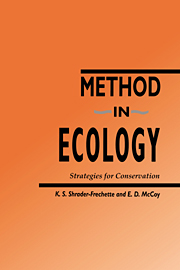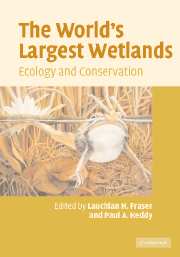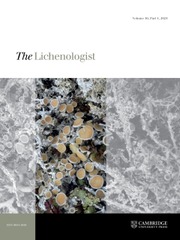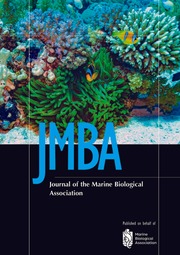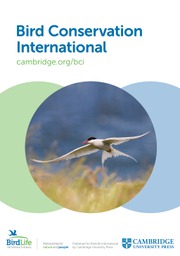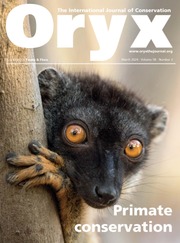Method in Ecology
In this volume, the authors discuss what practical contributions ecology can and can't make in applied science and environmental problem solving. In the first section, they discuss conceptual problems that have often prevented the formulation and evaluation of powerful, precise, general theories, explain why island biogeography is still beset with controversy and examine the ways in which science is value laden. In the second section, they describe how ecology can give us specific answers to practical environmental questions posed in individual case studies, and argue for a new way to look at scientific error. A case study using the Florida panther is examined in the light of these findings. They end by suggesting a bright future for the important, but relatively undeveloped task of applying ecology to practical environmental problem solving.
- Subject is of increasing importance for environmental assessment of building projects
- 'Green' topic
- Authors from both philosophy and biology backgrounds present both sides of debate
Reviews & endorsements
"This book is a great achievement and should be read by everyone interested in ecology, environmental ethics, and environmental law. If we could assume familiarity with the claims and arguments in this book, the level of public debate about environmental policy would be significantly improved." Ethics
"...a timely book that will enliven many graduate seminars." R.H. Peters, Quarterly Review of Biology
Product details
January 1994Hardback
9780521418614
344 pages
229 × 152 × 24 mm
0.604kg
4 b/w illus. 1 table
Available
Table of Contents
- 1. Introduction: what ecology can't do
- 2. Ecological concepts are problematic
- 3. Ecological theory is problematic
- 4. Ecological science is value laden
- 5. What ecology can do
- 6. Ecology and a new account of rationality
- 7. Objections: rationality in ecology
- 8. A case study: the Florida panther
- 9. Policy aspects of the Florida panther case
- 10. Conclusions
- References
- Index.

